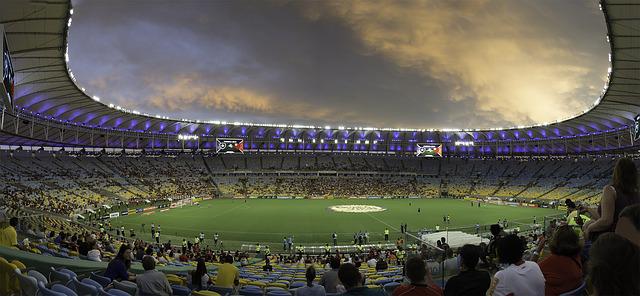• Changes designed to protect under-18s and other vulnerable groups
come into
effect in October

Image
by
Heiko Behn from
Pixabay
Gambling and betting companies will be banned from using advertising featuring top-flight footballers and
other sports personalities, as well as reality TV and social media stars, under new rules designed to protect under-18s and other vulnerable groups.
The changes, set out by the body responsible for the UK code for advertising, will mean that past betting and gambling marketing that features stars
and celebrities such as Cristiano Ronaldo, José Mourinho, Michael Owen and Harry Redknapp, would not be allowed in
the UK.
The wide-ranging new rules also include a ban on showing specific teams’ football kit and stadiums in ads, as well as using video game
content and gameplay popular with under-18s.
“No more top-flight footballers or other high-profile sportspeople promoting the latest odds,”
said Shahriar Coupal, the director of the Committee of Advertising Practice, which sets the rules enforced by the UK’s advertising watchdog. “No more
social media influencers, TV stars or other celebrities popular with children inviting us to bet on red. And, no more gambling ads featuring video game images
or gameplay familiar to many children’s lives.”
Under the current rules, an advert is banned only if it is likely to appeal more to an
under-18 than to an adult. Under the new rules, an ad will be banned if it is “likely to be of strong appeal to children or young persons, especially by
reflecting or being associated with youth culture”, regardless of how it may be viewed by adults.
The new rules come into force from October, in
the run-up to football’s World Cup in Qatar the following month, a sporting event around which gambling and betting companies traditionally spend heavily
on marketing to attract gamblers.
However, the Advertising Standards Authority, the body that enforces the UK ad code, does not have the power to
regulate in the contentious area of team sponsors.
“This might not seem immediately significant but its effect – particularly in a World Cup
year – will be dramatic,” Coupal said. “By ending these practices, our new rules invite a new era for gambling ads, more particular to the adult
audience they can target and more befitting of the age-restricted product they’re promoting.”
The new rules will ban the use of any
celebrity, from sports stars to Love Island contestants, with a significant fanbase of under-18s, in betting and gambling ads. The rules apply to broadcast
media, such as TV, radio and cinema ads, as well as non-broadcast such as online and in newspapers or on billboards and posters.
The ASA said that
children were still seeing on average 2.2 betting or gambling ads a week, although this is the lowest level in 12 years, with existing rules banning anyone
under the age of 25 being used in an ad.
|